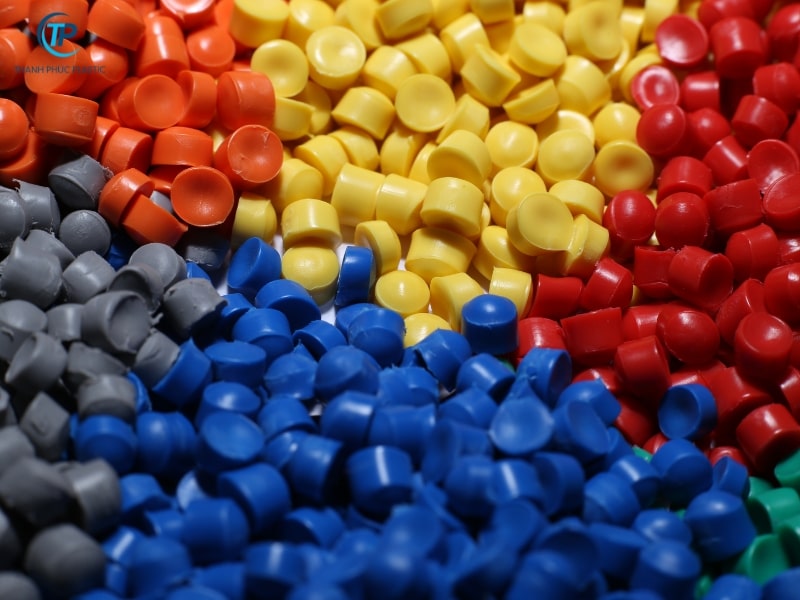Polymers are large molecules composed of repeating structural units, widely used in various industries due to their versatile properties, including flexibility, strength, and chemical resistance. Petrosphere specializes in trading a range of high-demand polymers.
Polypropylene is a thermoplastic polymer used in a wide variety of applications, including packaging, textiles, plastic parts, and reusable containers. It is known for its excellent chemical resistance, high melting point, and good fatigue resistance.
Applications: * Packaging: Films, sheets, bottles, caps, and containers for food, beverages, and consumer goods. * Automotive: Bumpers, interior trim, battery cases, and other components due to its lightweight and impact resistance. * Textiles: Fibers for carpets, ropes, thermal underwear, and non-woven fabrics for diapers and medical applications. * Consumer Goods: Appliances, furniture, toys, and luggage. * Construction: Pipes, fittings, and insulation.


Polyethylene is the most common plastic, primarily used for packaging (plastic bags, plastic films, geomembranes, containers including bottles, etc.). It is classified into several different types based on its density and branching, such as HDPE, LDPE, and LLDPE.
Applications: * HDPE (High-Density Polyethylene): Bottles for milk, detergents, and motor oil; pipes for water and gas; toys; and crates. * LDPE (Low-Density Polyethylene): Plastic bags, films for packaging, wire and cable insulation, and agricultural films. * LLDPE (Linear Low Density Polyethylene): Stretch film, flexible packaging, and geomembranes.

Note: Specifications vary significantly between HDPE, LDPE, and LLDPE, and also by specific application (e.g., film, blow molding, pipe). Petrosphere provides detailed specifications for each grade upon request.